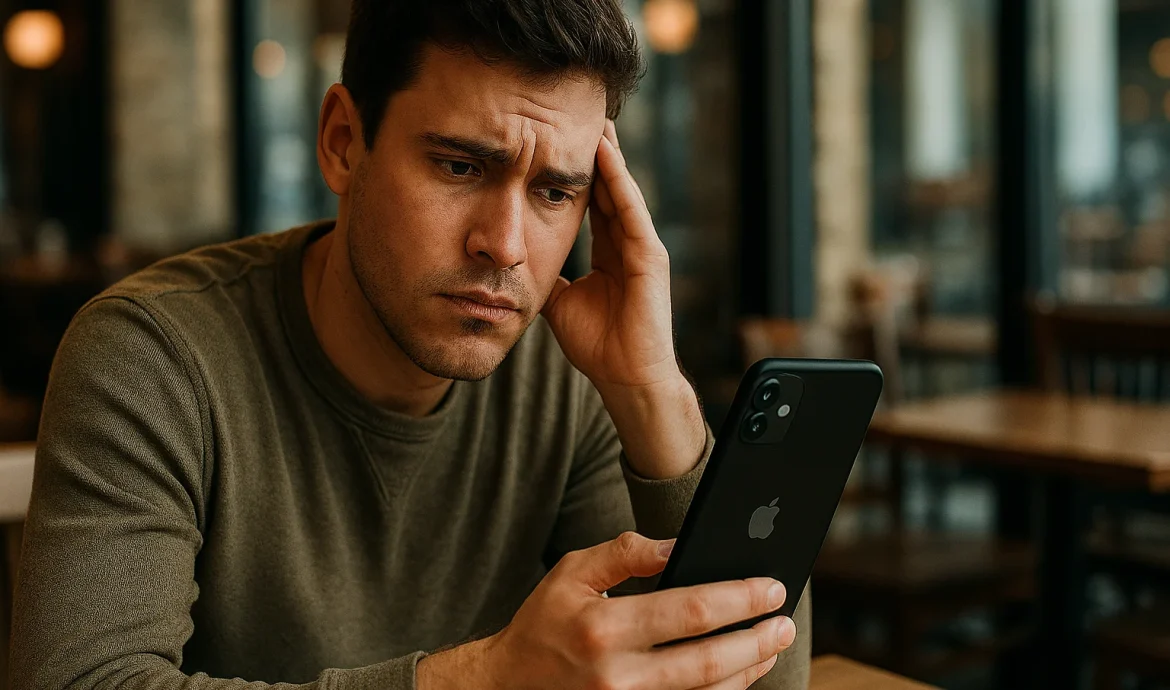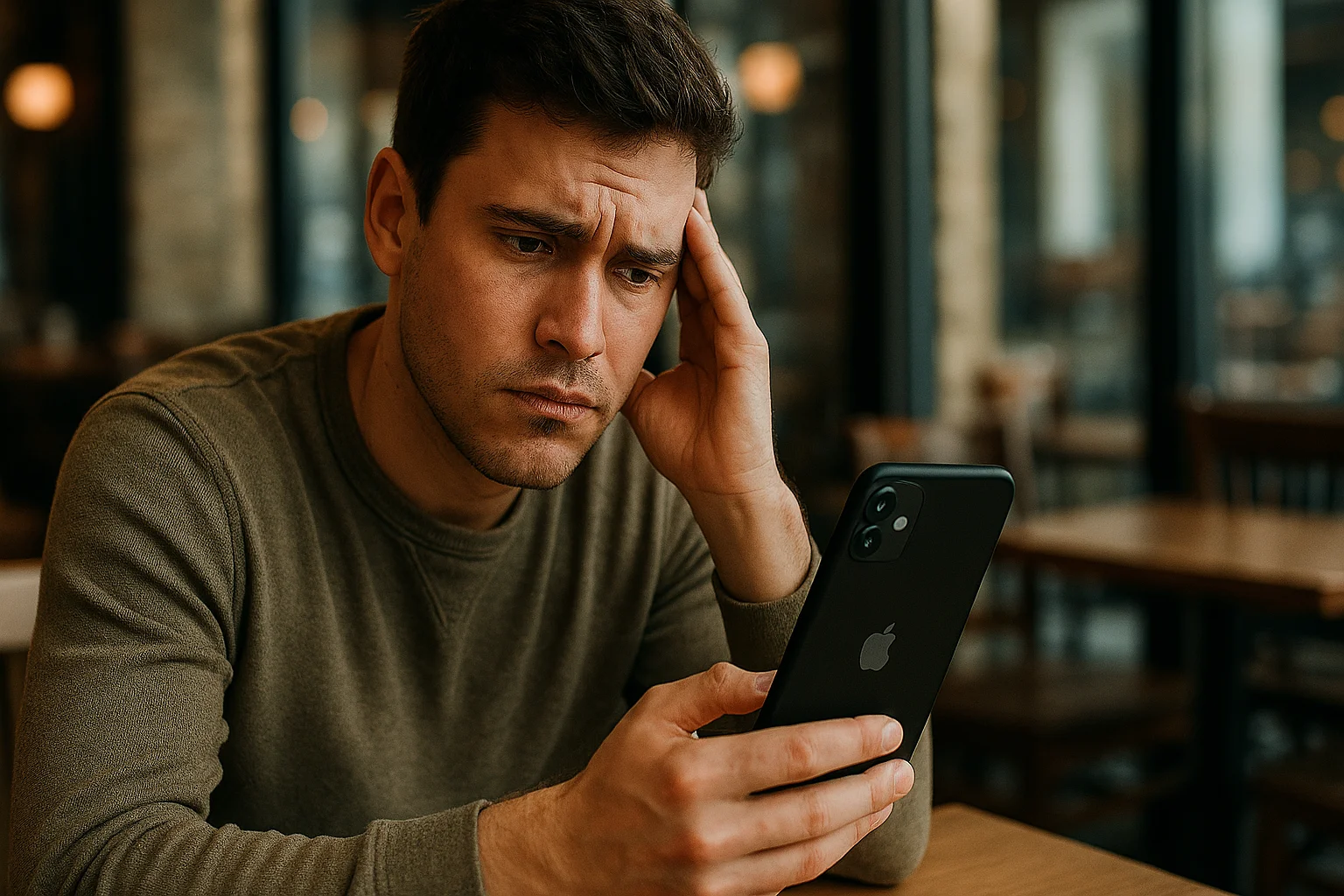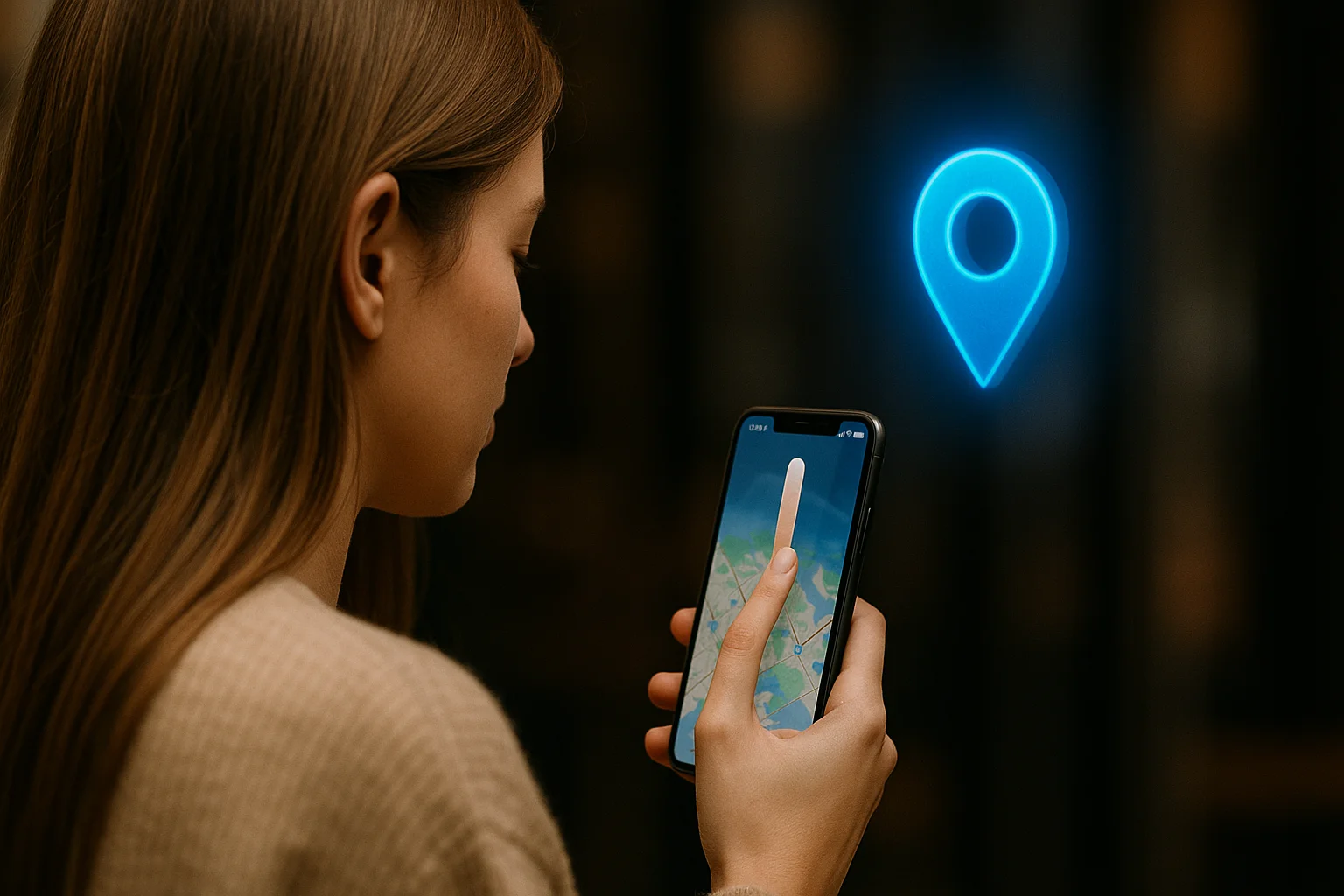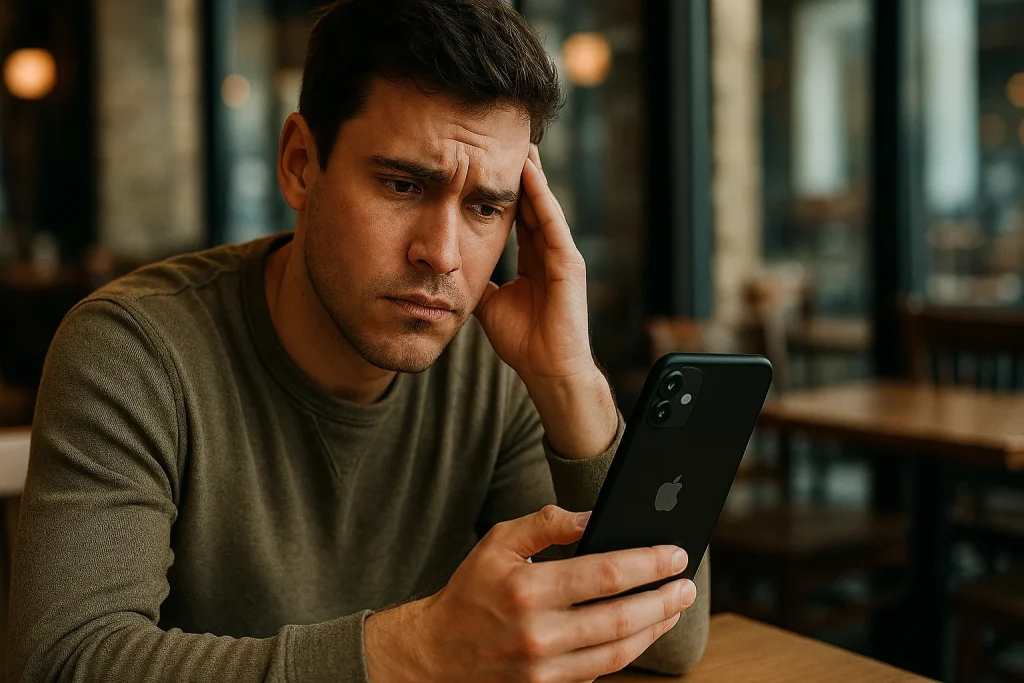Market Value Analysis: Comparing Your Coin to Analogues
FabulousChick – December 22, 2025
Geolocation and Brain Traps: 6 Myths That Are Sabotaging Your Smartphone Habits
FabulousChick – July 14, 2025
1921 Silver Dollar Value: The Coin That Bridged Two American Eras
FabulousChick – May 6, 2025
Vintage, Cosy, Unique: Style Your Home with These Decor Details
FabulousChick – April 14, 2025
Cultural Chic: Blending Global Art and Traditions into Modern Interiors
FabulousChick – April 8, 2025
From Concept to Creation: How Interior Designers Transform Dreams into Reality
FabulousChick – April 7, 2025
Luxury on the Move: Exploring the World of High-End Mobile Living
FabulousChick – April 4, 2025
Curated Spaces: Personalizing Your Home with Unique Collectibles
FabulousChick – April 3, 2025
Vintage Vibes: Infusing Retro Charm into Contemporary Home Design
FabulousChick – April 2, 2025
Architectural Wonders: Modern Homes Redefining Urban Living
FabulousChick – April 1, 2025








